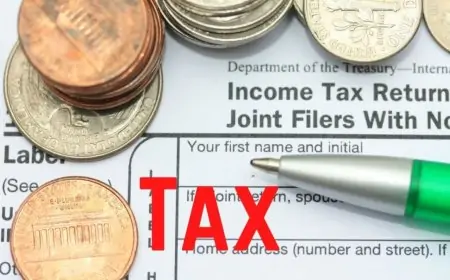You’ve determined the purpose of your business, you have a clear vision of what you hope to accomplish and you’ve clarified your business model. You’ve also identified your target market and assessed the feedback about the viability of your idea.
Now, you need to put your strategy to paper.
Consider these tips for writing a business plan.
What is a Business Plan?
The optimal way to execute most ideas is by following a plan. Thus, a mere idea for a startup is insufficient. You need a plan of action. Enter the business plan, which is basically an outline of your vision you can present to people such as investors whom you wish to recruit into your entrepreneurial endeavor. It explains your idea and how you expect to profit from it.
Why is it Necessary?
You know the old saying: “If it were easy, everyone would do it.” That sentiment certainly applies to the startup realm. Potentially vast rewards notwithstanding, launching a business is hard; you’re going to face challenges.
Being prepared for these challenges – and hopefully getting in front of them – can mitigate any effect on your business. A crucial step in prepping for problems your startup may confront is writing a strong business plan, which can also help you stay on track.
Steps for Writing a Business Plan
When it comes to what should go into your business plan, check out this advice:
- Know Your Rivals. Be ready to name names and explain why you’re different and better than each of them, being careful to avoid disparagement.
- Know Your Audience. You may wish to wish to write multiple iterations of your plan, including one each for venture capitalists or bankers, individual investors, and companies with which you may seek to collaborate.
- Prove Your Claims. If you anticipate leading your business segment within a year, for example, you must explain why you believe this. Support all statements with facts.
- Show Restraint in Projections. If you think you can corner half the market in six months, explain your belief and suggest what the numbers may look like. But for credibility’s sake, keep your projections on the conservative side.
- Be Realistic About Timelines and Resources. Again, realism lends credibility to your plan and presentation. Experts recommend assuming things will take at least 15% longer than anticipated. Don’t be unduly overconfident.
- Use Logic. Put yourself in your audience’s shoes and write what you believe that audience would like to see.
- Have a Formidable Team. You want to highlight a team that has solid credentials and expertise. If you don’t have all the skills you need on board, think about adding an advisory board of individuals from your field.
- Include Why Your Idea is Good. Have others succeeded with a similar concept? Do you have a prototype? Demonstrate why some variables that could impact your idea aren’t relevant to your situation, or what you’re going to do to surmount expected hurdles.
- Describe Your Location. You want to describe your facilities and where you’ll be working, and why.
- Talk About Investor Payout Options. What investors most want to know is when they can have their cash back and at what rate of return. Make sure you give potential investors a quick description of options, which may include, say, a seat on your board.
The mere act of writing a business plan does not guarantee success, but it does provide a road map for getting there. What’s more, such a plan can help you identify milestones by which you can track your progress.



![[WATCH VIDEO] Sophie Rain and sister Sierra Rain as Black Spiderman goes viral [WATCH VIDEO] Sophie Rain and sister Sierra Rain as Black Spiderman goes viral](https://www.sociallykeeda.com/uploads/images/202403/image_140x98_660976c59cce0.webp)





![[FULL WATCH VIDEO] Will Levis And Gia Duddy Leak Video Viral On Social Media [FULL WATCH VIDEO] Will Levis And Gia Duddy Leak Video Viral On Social Media](https://www.sociallykeeda.com/uploads/images/202405/image_140x98_6651e7ae8038d.webp)


